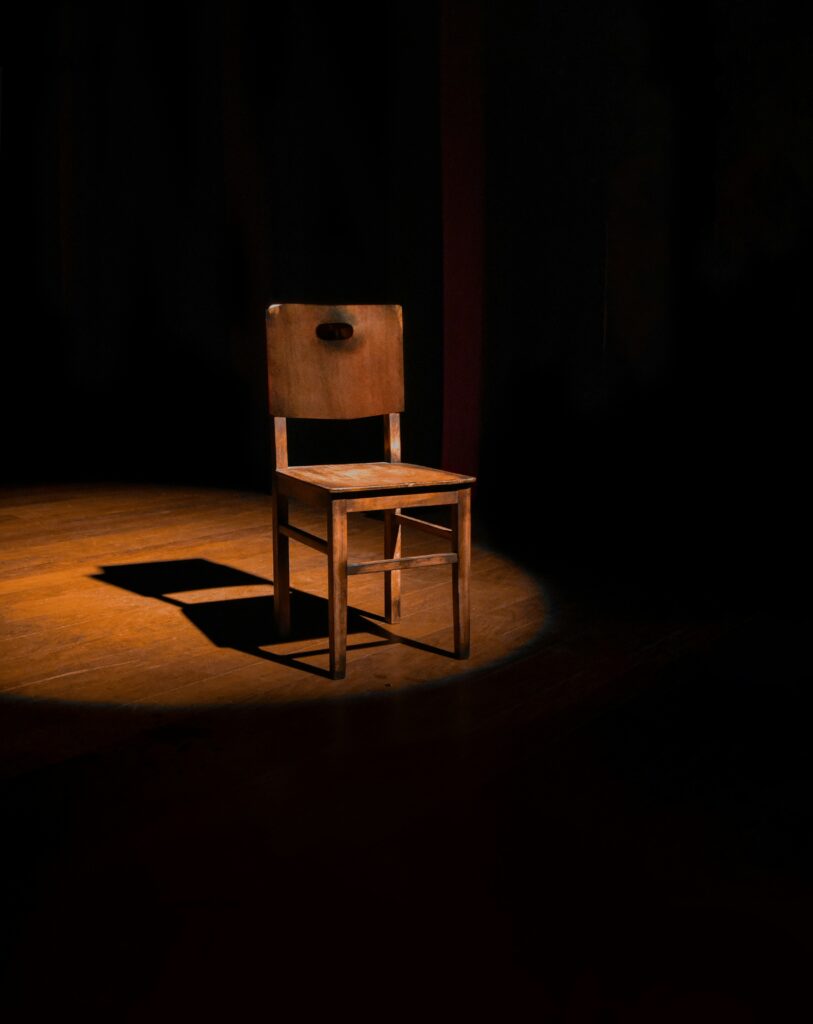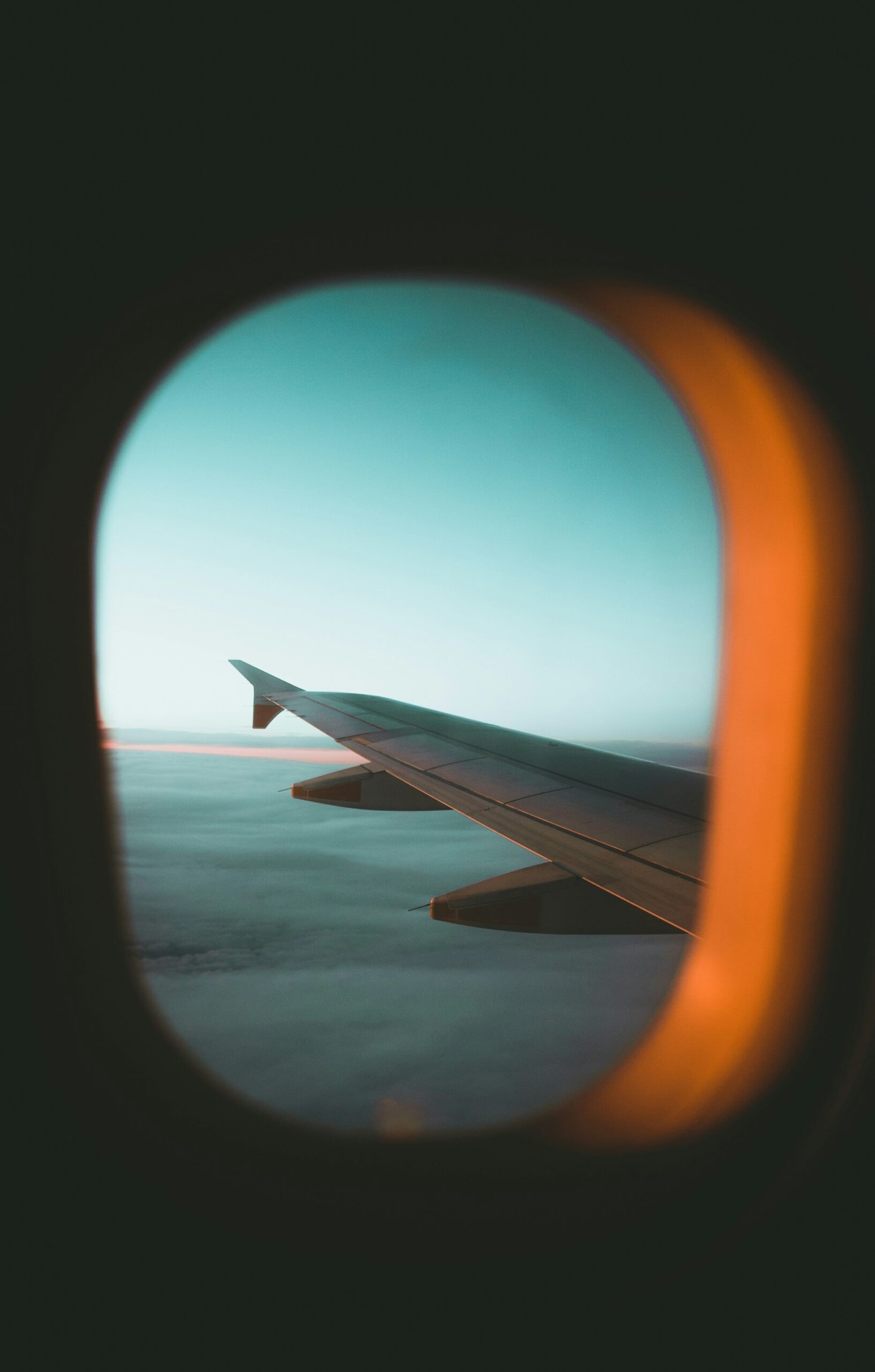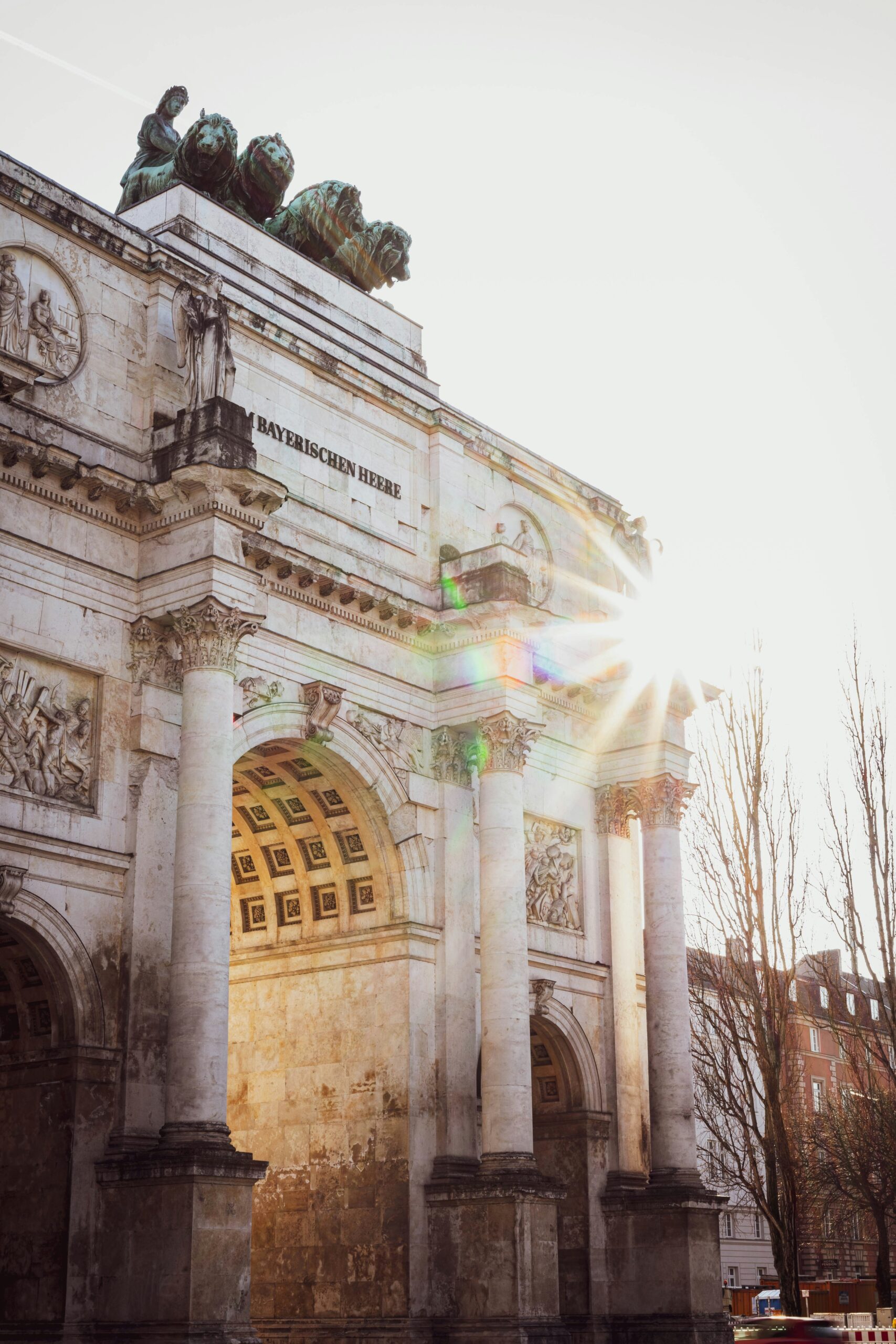Much is said about the diaspora, whether forced political displacements or voluntary transnational mobility. We come in varying forms as first- or second-generation, third-culture children or with mixed heritage.
So, here you are
Ijeoma Umebinyuo, Questions for Ada
too foreign for home
too foreign for here.
Never enough for both.
Being foreign for here is a very known consequence of uprooting ourselves. And yet with the passage of time, we became estranged even more from the home we once knew. Perhaps we came to visit our old home and found that certain things were not the same as before. The once familiar tradition did not evoke the same respite, the same comfort the way we remembered. An unspoken rule suddenly seemed absurd. Even pop culture references became indistinguishable from the rest of the foreign noise. We have changed, for better or for worse.
Saudade (Portuguese):
The School of Life
a bitter-sweet melancholic yearning
for something beautiful that is now gone:
perhaps a love affair, a childhood home,
a flourishing business.
There is pain yet also a pleasure
that such loveliness once graced our lives.
Grieve but do not be defined by our real and imagined foreignness. When we view ourselves as part of the diaspora continuum, we are transcending our original roots. We are defiantly forming roots under the piles of dead leaves from previous seasons we knew all to well, with each layer exerting its own rightful resistance―a habit, a way of being, a past life demanding remembrance. Each of us is a nuanced garden of our own. The new roots we form are just one part of our complexity, yet another addition to our ever-continuing multidimensionality.
Our sense of ancestral kinship and national identity may fade but only because they are replaced by the sustained act of intertwining with different peoples who may not exactly look like us but feel like us. That our concern for politics and economics move beyond the geography of our birth, that truly and not just by giving lip-service, our ethics, our humanity and our principles of sovereignty apply to peoples other than our ethnicity. Ultimately, our sense of belongingness becomes rooted in diversity and the overarching call for inclusivity.
And so because of the diaspora, we are not exposed to the danger of lives lived in closed circles in perpetuity lending to exclusivity. True depth does not come from developing an acute incapacity to grasp the subtleties of lived experiences outside our own. Character evolves outside the confines of comfort. Enrichment is forged outside our similarities, in the intermingling of our heterogeneity, not in the toleration but in celebration of our differences, and in finding our shared humanity.
And yet exactly because of this, the dynamics of the families we were born with are forever altered. There is the sudden disruption of physically witnessing each other. For us who left, there is the heaviness of our disconnection from our closest and dearest in their small joys and in their daily adversities. While those who were left behind by us, they have had to constantly readjust to the emptiness of the space we used to occupy, until the gravity of our absence slowly faded with time.
In their eyes, there is the unfolding loss of a living family member, manifested by an empty chair whose person rarely comes to visit. And when we do, when we actually do come to visit, after many years of absence, most of us come in a different form. Through no fault of our own, we bring with ourselves incongruity in thought, polarity in values, divergence in philosophy. We are strikingly contrasting in language, unequal in capacity, disparate in economic mobility, unintentionally creating a sense of asymmetry in what used to be safe and predictable, if not sacred.

Their eyes quietly say: you have changed. But how do we begin to explain that in our diasporic journey, we have had to irrevocably shed the person we once were. There is palpable loss in that, inasmuch as there is hope in the emergence and strengthening of an identity that is different but in many ways more whole, if only to adapt to the path we chose. Our once close and earliest observers are coming to terms with this very familiar yet strangely new person. Nobody said it was easy. But nobody said it was insurmountable either.
And yet exactly because of this, may we develop appreciation for the people who opted and continually opt to stay in all-too familiar structures since birth. We rarely acknowledge the strength it takes to stay in spite of waves of political instability or in the face of mounting economic necessity. In the pervading pressure of individualism, there is immense wisdom in the simple recognition that dreams and ambitions exact a high price, not only in one’s own but in many interconnected lives, and there is courage in saying no to that.
May we be comforted by those who safeguard culture and heritage grounded in inclusion. They remind us of our intergenerational origins that we still carry in us, and our communal histories that inevitably move through us. May we be grateful to those who stand by family togetherness with openness for others. For they too, open their homes to those who have had to leave theirs. In the face of the history of movements of peoples, forced and voluntary, among lost arts and dying indigenous languages, may we celebrate those who stayed behind. They weave a rich tapestry of connectedness, finding an audience among us from the diaspora, at times with deep longing, in the postmodern digital but disconnected age.
And so within the blanket of the diaspora in our quiet, individual rootlessness and collective nostalgia, in our vague yet tangible sense of loss and assimilation; here’s to us who have had to reinvent ourselves so many times that we lost count, to us who’ve had to redefine the concept of home, family and belongingness. We, who weave our own narrative by piecing together our origins and our journeys, may we celebrate the uniqueness of our own story and its commonality with those from generations before us ― the same human race in centuries-old diaspora.



